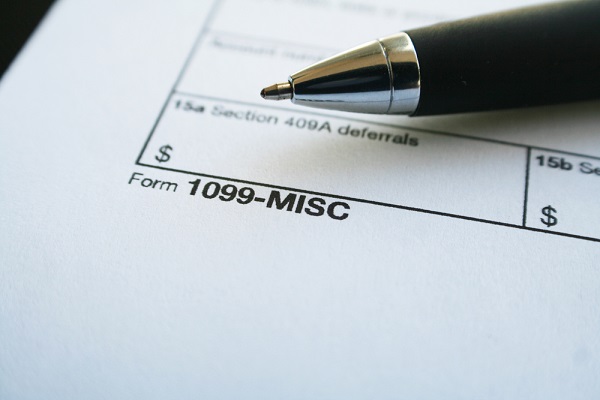IRS Changes Deadlines for 1099 Forms

It’s almost January. Are you ready for taxes? Of course, Form 1099s are an important part of any tax season, and this coming year will be no different. As a taxpayer, if you receive any kind of Form 1099 don’t ignore it. The IRS will get the same form and you will be held accountable for its contents. So, make sure you keep and report all Form 1099s that you receive.
On the other hand, if you are a business and you need to issue any of these forms to others there are some changes you need to know about. The IRS has announced changes to some of these Form 1099s. Here’s what you need to know. Starting next year, for the 2016 reporting season, the deadline for Forms 1099-MISC reporting nonemployee compensation in box 7, has been moved to January 31, which is the same deadline for when they need to be sent to recipients.
Previously, filers had more time, up to a month or two, to get those sent to the IRS, but that’s no longer the case. The good news is that for Forms 1099-MISC that don’t report in box 7, the filing dates have not changed. They must be mailed to the recipients by January 31 and to the IRS by the end of February.
The bottom line, whether you are going to give or receive any type of Form 1099, make sure you check the deadlines and do your due diligence. Don’t give the IRS any reason to pay extra attention your taxes return.
You also might like Make Sure you Report All of Your 1099 Income
http://www.forbes.com/sites/robertwood/2016/11/07/irs-forms-1099-are-critical-and-due-early-in-2017/#274363c6792a
IRS Preventing Audit
IRS Preventing Audit Do you want an IRS agent to make a visit to your office? I don’t know many people who do, but knowing strategies to prevent an unwanted visit could certainly save you from an extra bit of stress in life. Only one percent of taxpayers yearly are selected for IRS audits, but…
Tips for the Self Employed in Avoiding an IRS Audit
Tips for the Self Employed in Avoiding an IRS Audit If you are self-employed, the chance that you have of being selected for an IRS audit will be closer to your ballpark. The IRS looks for red flags that when processing tax returns, targeting individuals to potentially audit. Self-employment is a flag in itself as…
5 Steps to Becoming a Millionaire
5 Steps to Becoming a Millionaire In 2011, the number of households in the United States worth over $1 million was 8.6 million. Although the thought of acquiring a million dollars may be a whimsical fantasy for some, it is not out of reach. With careful saving and investing, becoming a millionaire is possible if…
Ten Questions That You Should Ask Prior to Purchasing a Stock
1. How does the company make money? The first thing that you should understand is how the company earns money. Just because everyone else is buying the stock and the price has run up tremendously does not mean that you should also be jumping on the bandwagon. I suggest that you review the annual report…



